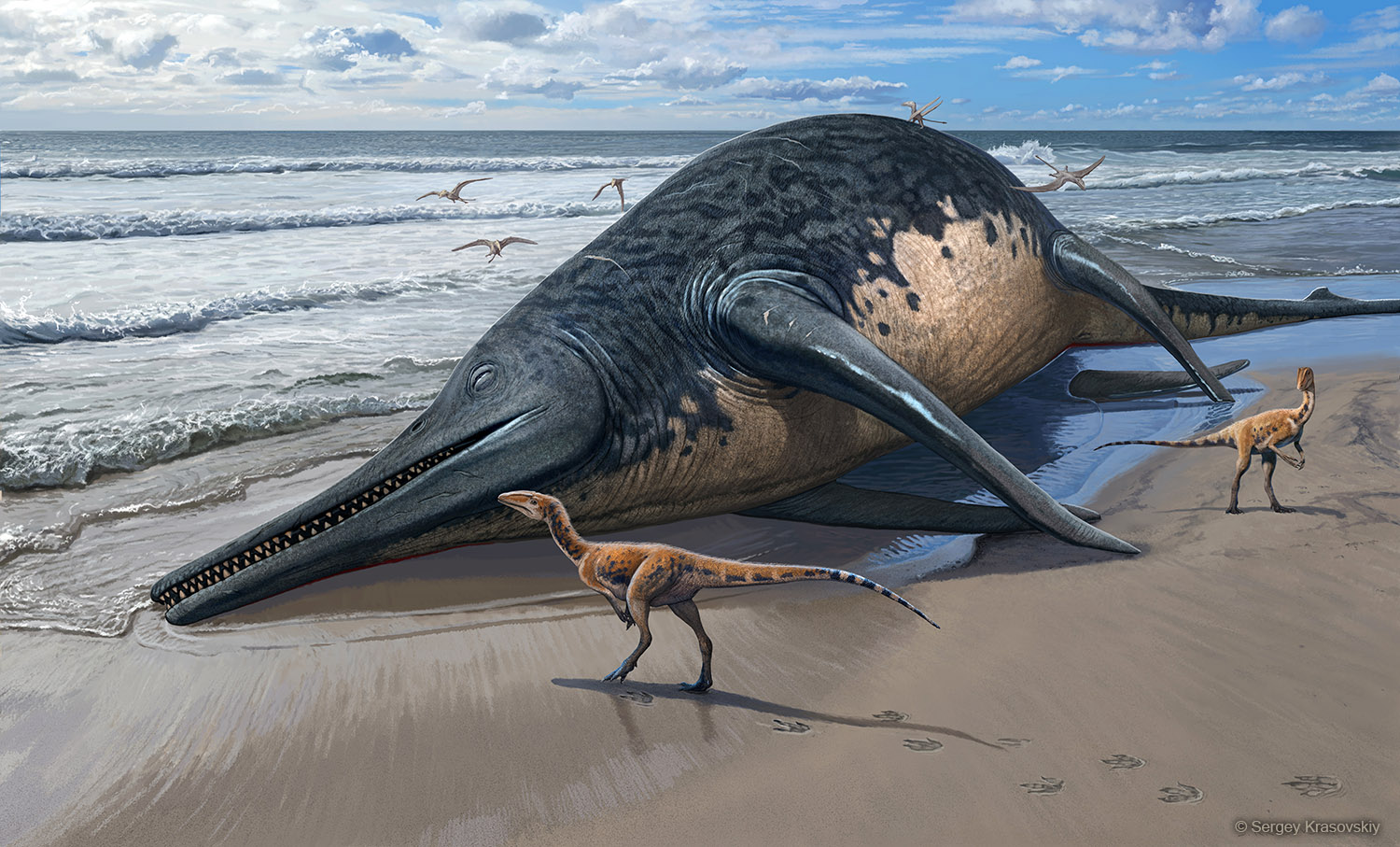-
With flu season approaching, does wearing a face mask make you seem more or less trustworthy?
Perception
Researchers have found that the correlation between face masks and perceptions of trustworthiness may be linked to social norms rather than how they impact appearance. Researchers at Swinburne University of Technology have found that the correlation Read more about With flu season approaching, does wearing a face mask make you seem more or less trustworthy?
Australia; VICSwinburne University of Technology -
Dietary fibre critical in managing hypertension
Hypertension
In an international review led by Monash University scientists and published today in Hypertension, biologists highlight the pivotal role of dietary fibre in managing hypertension and reducing cardiovascular disease (CVD) risk, and call for the Read more about Dietary fibre critical in managing hypertension
Australia; VICMonash University -
Transplant hearts could survive for a full day using new techniques
Frontiers in Cardiovascular Medicine
Improvements to a technique for keeping a heart alive outside the body can work on a pig heart for a full 24 hours, according to international researchers who say this technique could one day help with human heart transplants. Human hearts are Read more about Transplant hearts could survive for a full day using new techniques
InternationalUniversity of Michigan, USA -
Deep parts of Great Barrier Reef ‘insulated’ from global warming – for now
Proceedings of the National Academy of Sciences
Some deeper areas of the Great Barrier Reef are insulated from harmful heatwaves but that protection will be lost if global warming continues, according to research by The University of Queensland and University of Exeter, UK. Some deeper areas of Read more about Deep parts of Great Barrier Reef ‘insulated’ from global warming – for now
Australia; International; QLDThe University of Queensland -
Ultra-processed foods pose risk for respiratory diseases
European Journal of Nutrition
New research has shown a diet high in ultra-processed foods (UPF) significantly increases the risk of death from chronic respiratory diseases. New research by SAHMRI and the University of Adelaide has shown a diet high in ultra-processed foods (UPF) Read more about Ultra-processed foods pose risk for respiratory diseases
Australia; International; VIC; SASouth Australian Health and Medical Research Institute (SAHMRI)... -
Which exercises are best for hip osteoarthritis?
Annals of Internal Medicine
When it comes to improving functional performance, hip pain, or hip-related quality of life in people with hip osteoarthritis, it seems progressive resistance training (PRT, which focuses on weight training and improving muscle) is no better than Read more about Which exercises are best for hip osteoarthritis?
InternationalAarhus University Hospital, Denmark -
Salt substitutes could help us cut down and reduce deaths
Annals of Internal Medicine
Using a salt substitute could be a simple, effective way to reduce deaths associated with high salt intake, according to Aussie researchers. The team looked at 16 studies of people using regular table salt or salt substitutes for at least six months. Read more about Salt substitutes could help us cut down and reduce deaths
Australia; NSW; QLD; ACTBond University|The Australian National University... -
Melbourne public transport services sit idle while apartment numbers boom
New research shows the number of apartments in Melbourne has almost doubled in the past two decades, while public transport services have barely increased at all. New research shows the number of apartments in Melbourne has almost doubled in the Read more about Melbourne public transport services sit idle while apartment numbers boom
VICRMIT University -
Legalised recreational marijuana in the USA led to a drop off in medical use
Annals of Internal Medicine
Most US states that legalised recreational use of marijuana saw a reduction in the number of people enrolled in medical cannabis programs, according to US scientists. They looked at data on medical cannabis, tracking registered use in 39 US Read more about Legalised recreational marijuana in the USA led to a drop off in medical use
InternationalUniversity of Michigan, USA -
Aussie and New Zealand risky drinkers more likely to booze at home than at the pub
Drug & Alcohol Review
Australian, New Zealand and international researchers looked at data on whether risky drinkers in Australia, New Zealand, Scotland and England are more likely to drink at licensed premises - bars or pubs - or in a private setting. They found risky Read more about Aussie and New Zealand risky drinkers more likely to booze at home than at the pub
Australia; New ZealandLa Trobe University|Massey University










































